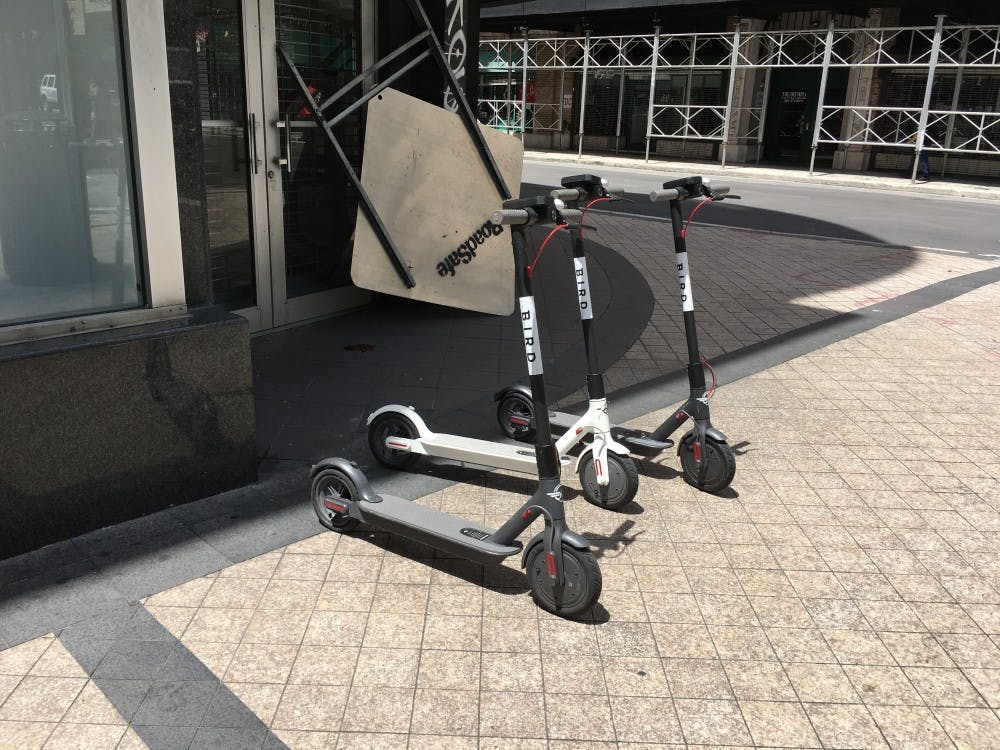Philadelphia has moved closer to bringing electric scooters to its streets, as supporters of the scooters and lobbyists have urged the Philadelphia City Council to roll out a plan by this summer that would allow its use in the city.
In November 2018, city officials determined that e-scooters classify as "motor vehicles" and cannot be used on streets or sidewalks since they do not meet state safety regulations and equipment standards. But in late February, a bill was introduced by Pennsylvania state representatives to pave the way for statewide legalization of electronic scooters, as many other states have already accepted the new technology.
Proponents of shared e-scooters in cities argue that they are safe, reduce carbon emissions, and compel policymakers to design safer transportation infrastructure. At the council hearing, the e-scooter rental company Bird Rides, which was reportedly valued at $1 billion last May, sent representative Paul White to lobby for the legalization of e-scooters.
The Feb. 27 city council hearing came at a moment of national debate over e-scooters, which reach maximum speeds of 15 mph, cost a few dollars per ride, and can be parked anywhere not explicitly prohibited. Advocates are calling for the Pennsylvania bill to be approved by June.

Critics of the bill introduced by Pennsylvania state representatives fear that sidewalks and streets will soon be littered with e-scooters as well as questioning their safety in the street. (File Photo)
Penn has not signaled a clear policy on scooters. Inconsistent enforcement and unclear rules continue to leave students unsure of when they can and cannot ride their scooters and skateboards on campus.
As e-scooters gain traction nationwide, colleges are concerned about the safety hazard of scooters on campus streets and sidewalks, with campuses like the University of Georgia and University of Texas at Austin cracking down and issuing fines on e-scooters.
As various studies have reported hundreds of e-scooter-related injuries, White said e-scooters "are no more dangerous than bicycles."
Megan Ryerson, professor of city and regional planning at PennDesign, told The Inquirer that e-scooters can "make all users of the road safer" through the demand for protected bike lanes and better infrastructure overall.
“When we give Philadelphians access to safe and affordable alternatives for transportation, they will use them,” Ryerson said.









